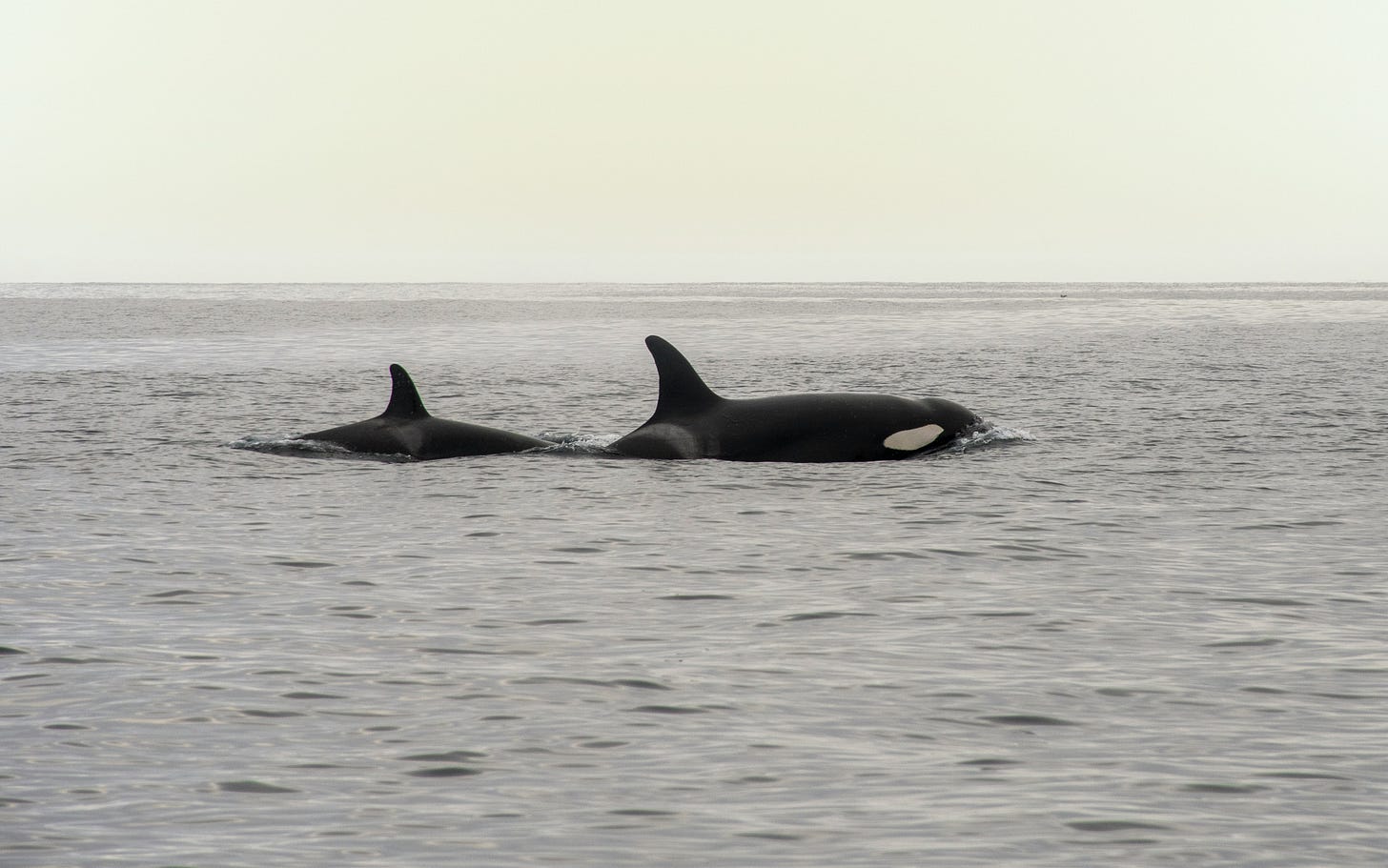
All creatures know love. All creatures.
I’ve thought of this line almost every day for several years. It started while I was preparing to teach an animal writing class on Zoom (held jointly between my students at Shakopee Prison and a group of outside writers from Writing in the Dark). I was reading a lot of books featuring animals, one of which was Once There Were Wolves by Charlotte McConaghy. It’s a novel about a biologist who studies wolves and reintroduces wolves to their natural habitats. It's also a murder mystery, a family saga, a love story, and a whole bunch of other things. I enjoyed it and learned a lot about wolves.
The line "all creatures know love" is spoken by the main character’s father, who lives off grid in the woods. In the scene where he says this, he’s with the protagonist, who is still a girl at the time, and she’s asking about the sentience of animals. After boiling it all down to this simple observation about love, the father …




